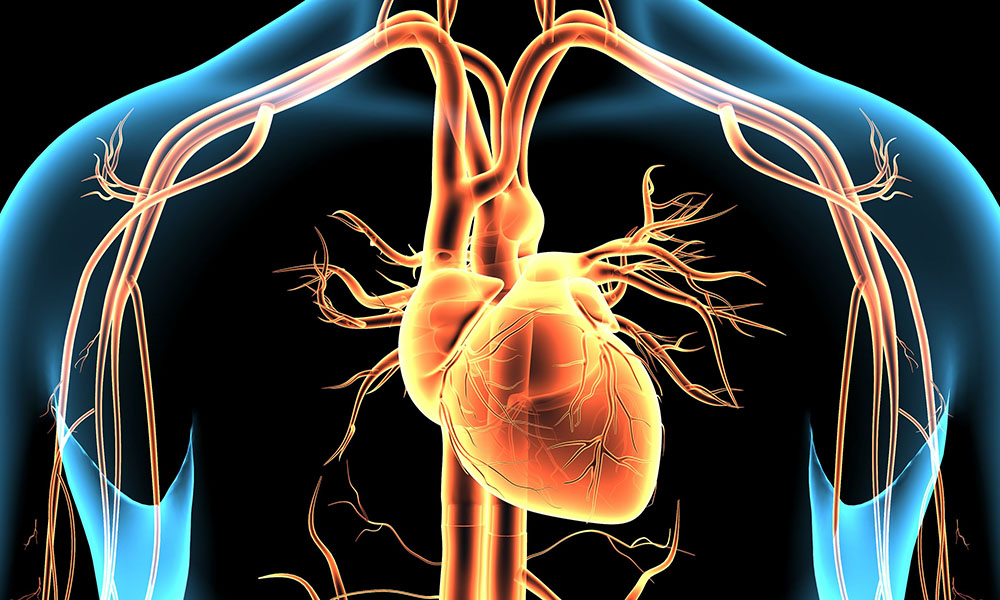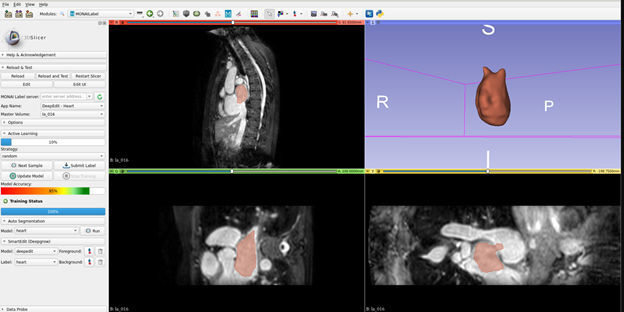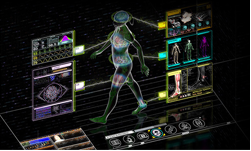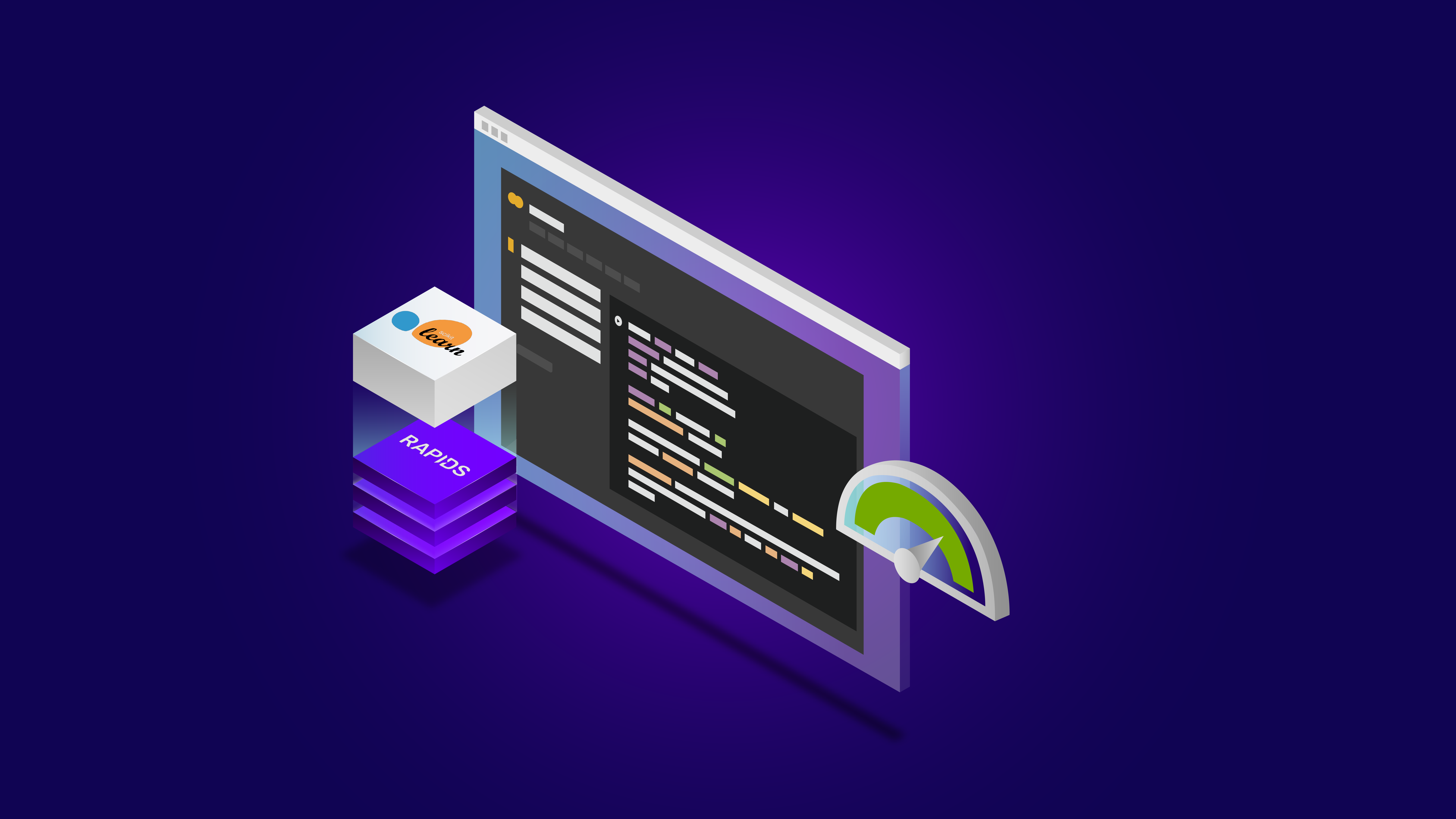Nearly 300,000 women across the globe die each year due to complications arising from pregnancy or childbirth. The number of stillborns and babies that die within their first month tops nearly 4M every year.
April 7 marks World Health Day, which this year focuses on raising awareness about efforts to end preventable maternal and newborn deaths.
Giving women and infants better access to care is a crucial social responsibility—one that startups from Paris to San Francisco, and everywhere in between, see as a challenge AI can help address.
Two startups founded in 2022, with headquarters half a world apart, have begun rolling out AI-powered solutions to improve healthcare access for women and expectant mothers.
Paris-based BrightHeart, founded by two pediatric cardiologists, integrates AI with ultrasound equipment routinely found in doctors’ offices to support more comprehensive and accurate analyses of fetal ultrasounds.
The startup just earned FDA clearance for its platform, which helps identify prenatal heart defects that routine ultrasound exams often miss.
About 1% of babies are born with a heart defect. Yet up to 70% of congenital heart defects are undetected before birth, which can lead to significantly worse outcomes for newborns, including hypoxia, brain damage, and a significantly higher risk of death.
“If those conditions aren’t identified before birth, the risk of death can become extremely high, extremely quickly,” said Cecile Dupont Redon, CEO of BrightHeart. “A lot of that can be avoided if you know in advance, and if the delivery is done in an environment where there’s an intensive care unit, where the baby can be treated appropriately, usually with surgery.”

Figure 1. BrightHeart AI analyzes fetal heart cine clips during fetal anatomy scans and automatically annotates and provides feedback on potential red flags for morphological abnormalities
BrightHeart’s AI coaches technicians, in near real-time, on improving how they’re capturing ultrasound imagery and looks for key morphological abnormalities that might indicate severe congenital heart defects.
Identified heart abnormalities are then flagged for doctors, who set the course for intervention. BrightHeart uses NVIDIA L4 Tensor Core GPUs in the cloud through AWS, as well as NVIDIA CUDA Toolkit and NVIDIA cuDNN for training and inferencing its models.
While BrightHeart looks deeply at fetal hearts, San Francisco-based March Health focuses on women—specifically on women who face difficulties becoming mothers.
March Health uses AI to aggregate patients’ electronic health records to identify potential underlying conditions ranging from infertility to chronic pelvic pain.
The startup creates bespoke digital twins of each patient, using healthcare data that includes biomarkers, medical history, and patient lifestyle information to identify potential medical conditions.
Founder and CEO Mark Amouzgar said he started the company after he and his wife struggled to start a family.
During that process, they observed the unnerving dynamic of women telling their doctors about their pain, only to have doctors routinely discount those reports.
Figure 2. The March Health interactive app helps women better understand symptoms that may signal health issues
One of the many problems with this scenario, Amouzgar noted, is that symptoms for conditions like endometriosis, which can make getting pregnant difficult, are routinely ignored, and years can go by before an accurate diagnosis is made.
“We hear from patients that their physicians tell them their pain ‘is just in your head,’” said Amouzgar. “There’s a disconnect between patients’ understanding of their own symptoms and physicians’ understanding of the patients’ conditions.”
Their platform tries to better align women’s health symptoms with clinical care, ultimately helping women take more control of their reproductive health.
March Health is part of the NVIDIA Inception program for cutting-edge startups. For advanced medical imaging analysis of patients’ electronic healthcare records, including MRIs, ultrasounds, and laparoscopies, it uses the MONAI framework. It also uses NVIDIA H100 Tensor Core GPUs in Microsoft Azure for model training and inference.
Learn more about World Health Day, and check out additional reporting on how AI is changing how fetal congenital heart defects are identified.













